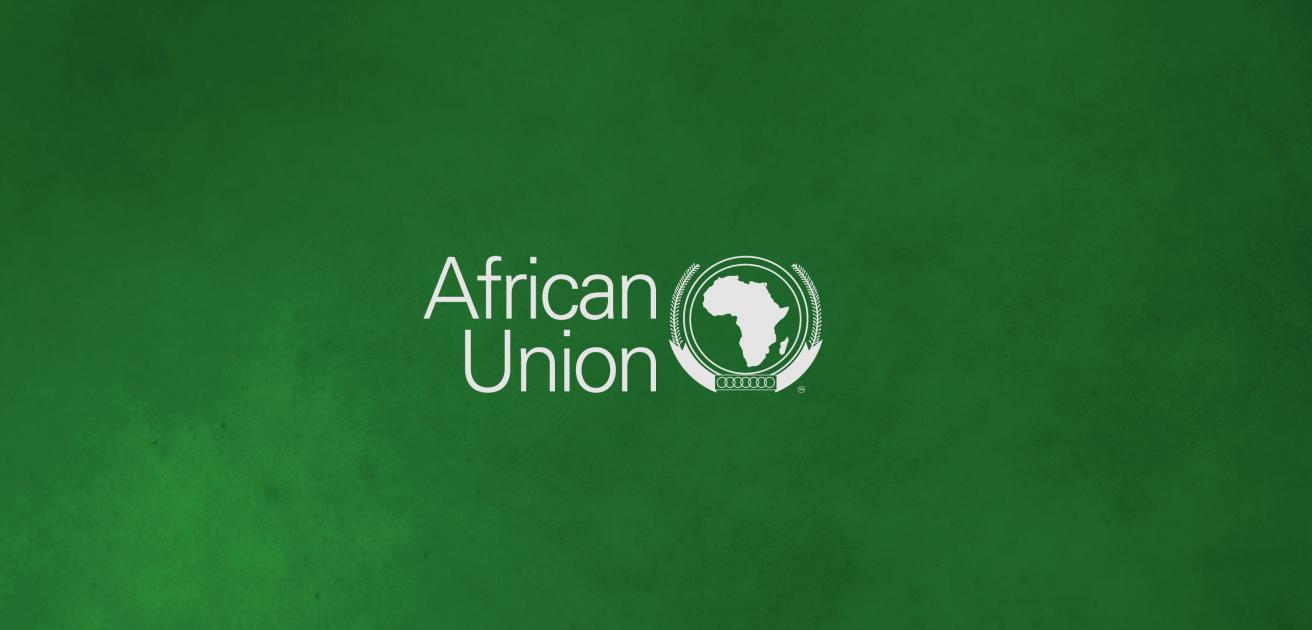The African Union Commission’s Women, Gender and Youth Directorate in partnership with UNICEF, UNFPA, and UN Women hosted a Virtual Couch Talk to commemorate Pan African Women’s Day on 30th July 2021 themed “Building the Africa We Want: The Role of Youth in Fostering Gender Equality”.
The event was constructed as an Intergenerational Dialogue (IGD) space and high-level speakers included; H.E Dr. Monique Nsanzabaganwa, Deputy Chairperson of the AUC, H.E Bineta Diop, the AU’s Special Envoy on Women, Peace and Security, H.E Eunice Ipinge, President of the Pan African Women’s Organization and H.E Prof. Sarah Anyang Agbor, AUC Commissioner of Education, Science, Technology and Innovation. Other speakers included representatives from partner organisations and youth gender advocates. The intergenerational dialogue enjoyed a 10 minute performance by Msimisi, an RnB artist from the Kingdom of Eswatini.
The President of the Pan African Women’s Organization (PAWO), H.E. Eunice Ipinge in her opening remarks commended women’s efforts on the Generation Equality movement.
H.E. Mme Bineta Diop, in her statement, outlined that “Violence Against Women and Girls has become a devastating pandemic on its own, which threatens women and girls’ development and their ability to reach their potential. The youth must be at the forefront of the battle against Gender-Based Violence (GBV) and harmful practices.” She added that generation equality will happen when we all share the magnitude of the social, psychological, and even economic cost of GBV, and how much behavioral change is needed to eradicate it.
Speaking at the Virtual Couch Talk (VCT), the Deputy Chairperson at the African Union, H.E Dr. Monique Nsanzabaganwa in her keynote address, described African women as core to the development of Africa and the achievement of Agenda 2063. H.E Dr. Monique Nsanzabaganwa, stated: “It has been the African Union’s responsibility to ensure these three foundational issues: Promoting gender equality, Women’s human rights and Women’s empowerment; are constantly prioritized in the work of the African Union Commission (AUC) and across the African Union member states. Within the Commission we are committed to achieving 35% gender parity and prioritising the employment of youth for certain positions”.
H.E. Prof. Commissioner Sarah Anyang Agbor spoke of the ways in which the 1 Million By 2021 initiative addresses socio-economic development as she responded to how the AUC promotes and supports youth empowerment. She added that the Commission had an array of youth focused programs such as; the African Union Youth Volunteer Corps Program, Young African Women Leadership Network, Continental Education Skills for Africa, Specialised Technical Community just to mention a few.
Highlighting the role of young people in this conversation, the Head of the Youth Division, Ms. Prudence Ngwenga underscored that the theme of conversation “Building Africa We Want: The Role of Youth in Fostering Generation Equality” encourages everyone to ponder on the respective roles it takes to build an inclusive Africa. She highlighted the significant role young people should play in ensuring gender parity towards a prosperous and integrated Africa. “The Egumeni conversation is a charge we must keep. As the youth of Africa, you must be at the forefront of the battle against Gender-Based Violence (GBV) and harmful practices”, she stated.
Stressing on the importance of the Generation Equality Forum to the young people, Mme Nduwayo Marie Goretti, Regional Liaison Advisor, UN Women Liaison Office to the AUC and UNECA pointed out that it is important to pay attention to the contributions of youth as we craft solutions.
Ms. Marieme Esther Dassanou, Coordinator of Affirmative Finance Action for Women in Africa at the African Development Bank spoke of the importance of improving financial inclusion for women is receiving an increasing amount of attention.
Ms. Caroline Ngonze, Chief, ad-interim, and Officer-In-Charge at the UNFPA Liaison Office to the AU and ECA, closed by saying “By providing education with strong scientific and technical programs, we can help bridge the digital divide that continues to grow while it should be shrinking. And by providing universal education and health care, including reproductive health services, we can help bridge the population gap.”
The key takeaways from the VCT summarized by Dr. Edward Addai, UNICEF Representative to the AUC and UNECA:
➔ PAWD is part of a series of actions towards gender equality in Africa.
➔ Achieving gender equality is a struggle but with all hands on deck it can be achieved.
➔ Without fairness, we can’t move forward.
➔ We can only fight gender inequalities by addressing the systemic bottlenecks.
➔ There is an urgent need to implement, monitor, and hold ourselves accountable.
➔ We need to aim at gender parity at the managerial level and in our staff mix and be deliberate about it.
➔ Young people must live to address gender parity. They must invest in addressing gender stereotypes, workplace inequalities and stay plugged in to conversations.
➔ We must celebrate our diversity and come together by deliberately involving men.
Click here to access the dialogue: https://www.facebook.com/AUYouthProgram/videos/2870667456479094
For further information, please contact:
Ms. Nyandoh Paho Tadfor, AUC Youth Division Communications Officer, via E-mail: TadforN@africa-union.org
Follow us the African Union Youth Program:
Facebook: https://www.facebook.com/africa.youth/
Twitter: https://twitter.com/AUYouthProgram
TikTok: @AUYouthProgram
Instagram: @auyouthprogram

